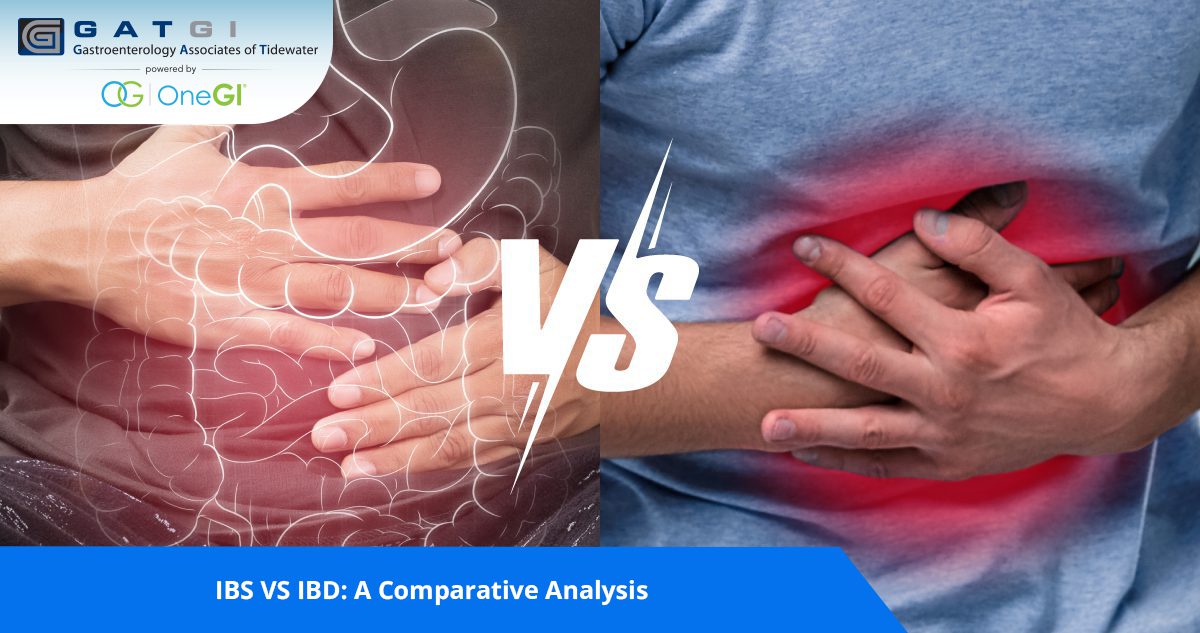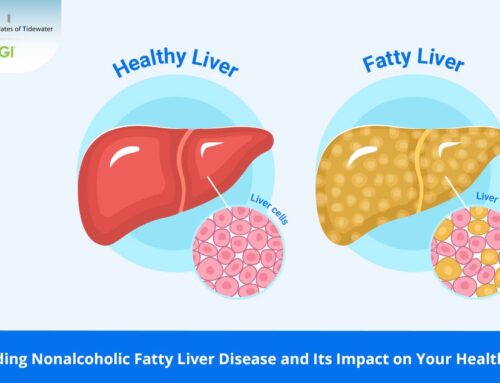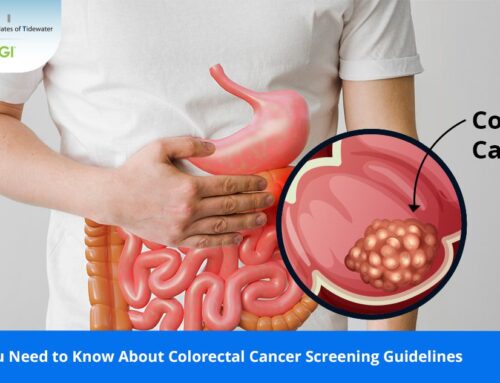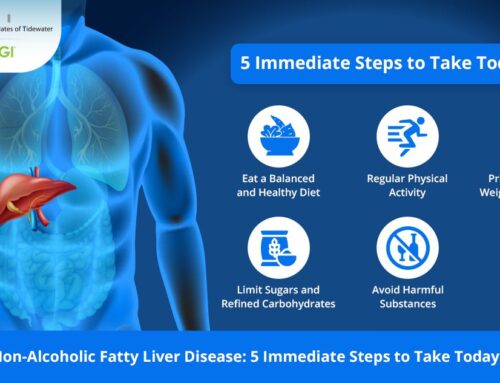Irritable Bowel Syndrome (IBS) and Inflammatory Bowel Disease (IBD) – two common gastrointestinal conditions – are often mistaken for each other due to the similarity in their names. However, these diseases vary significantly in terms of their causes, symptoms, and treatments. If you’re seeking expert guidance on managing IBS in Virginia Beach or dealing with IBD, consult a board-certified gastroenterologist for personalized care and advice.
IBS: A Brief Overview
IBS is a functional disorder affecting the large intestine, characterized by abdominal discomfort, bloating, and changes in bowel habits. Despite the discomfort, IBS doesn’t cause changes in bowel tissue or increase the risk of colorectal cancer.
IBD: An Overview
Contrary to IBS, IBD is a term primarily used to describe two conditions – Crohn’s disease and ulcerative colitis. These are autoimmune diseases characterized by chronic inflammation of the digestive tract, leading to severe complications like ulcers and damage to the bowel.
Prevalence and Demographics
IBS and IBD are quite prevalent worldwide, each affecting millions of people. IBS is more common, with approximately five to 10% of the global population affected. However, it’s often underdiagnosed due to its symptom overlap with other digestive disorders. It affects both genders, but studies show that it’s more common in women. The onset of IBS symptoms typically occurs before the age of 50.
On the other hand, IBD affects an estimated 3.1 million adults in the United States alone. The onset usually occurs in late adolescence or early adulthood, and though it can affect any race or ethnicity, it’s more prevalent in people of Caucasian and Ashkenazi Jewish descent. Like IBS, IBD affects both genders, but some studies suggest a slightly higher incidence in males.
Comparing IBS and IBD
While both conditions can cause similar symptoms, such as abdominal pain and changes in bowel habits, there are key differences. IBS is essentially a syndrome, not a disease, which means it’s a collection of symptoms that occur together. On the other hand, IBD is a disease that can cause permanent damage to the tissues of the bowel.
While diet and stress can aggravate IBS symptoms, they do not cause the condition. In contrast, while the exact cause of IBD is unknown, diet and stress are believed to exacerbate the condition, but are not the root cause.
Diagnostic Process for IBS and IBD
Diagnosing IBS and IBD involves a comprehensive evaluation to rule out other conditions that may cause similar symptoms, and typically includes a detailed history of symptoms and medical history.
For IBS, there’s no specific test. The diagnosis is usually based on symptoms, and a certain pattern of symptoms, physical exams, blood tests and a stool test.
The diagnostic process for IBD, on the other hand, usually involves endoscopic procedures, like colonoscopy or sigmoidoscopy, to directly visualize the intestines and assess inflammation and damage. Biopsies may also be taken during these procedures for further microscopic examination. Blood tests for anemia and infection, and stool tests to rule out infection and screen for blood, can also support an IBD diagnosis. In some cases, imaging tests such as CT scans or MRI may be necessary to evaluate the extent of the disease.
Treatment options for IBS and IBD
Treatment strategies for both IBS and IBD aim to alleviate symptoms, improve quality of life, and in the case of IBD, control inflammation, and prevent complications.
IBS Treatments
For IBS, the initial approach involves lifestyle and dietary modifications, such as regular exercise, adequate hydration, and a balanced diet. In addition to lifestyle adjustments, various types of medications may be used to manage symptoms, including antispasmodics, laxatives, or anti-diarrheal agents, depending on the predominant symptom. In some cases, low-dose antidepressants may be used for their analgesic effects. While effective in managing symptoms, these measures do not cure the syndrome.
IBD Treatments
The treatment of IBD, however, involves medications that control inflammation, such as aminosalicylates, corticosteroids, immunomodulators, and biologic therapies. In severe cases, or when medications fail to control symptoms, surgery may be necessary to remove the affected part of the bowel. Unlike IBS, the medications used in IBD can induce a remission of the disease.
While their names may appear similar, it’s important to note that these conditions differ significantly. If you’re interested in learning more about IBS and IBD or have concerns about your digestive health, we encourage you to schedule an appointment with Gastroenterologists Associates of Tidewater, serving the Chesapeake and Virginia Beach areas. Our board-certified gastroenterologists are here to provide you with the information and care you need. To book your appointment, please call (757) 547-0798.






